Firefly phototherapy treats first newborn in Haiti at the neonatal intensive care unit at Saint Boniface Hospital.
The Design that Matters team just returned from an incredibly productive field research trip bringing our Pelican Newborn Pulse Oximeter prototypes to Haiti. Our two gracious hosts for the trip were Partners In Health and the St. Boniface Haiti Foundation.
One of few ambulances travels the road to Saint Boniface Hospital.
Saint Boniface Hospital serves hundreds of patients every day on the remote southeastern peninsula of Haiti. We were proud to donate Firefly phototherapy and treat the first baby in Haiti, and happy to receive critical feedback about the Pelican Pulse Oximeter. Most of all, we are excited to establish a new partnership with St. Boniface Haiti Foundation to develop medical technology serving patients living in remote communities.
Entering and then waiting at Saint Boniface Hospital.
Thanks to an introduction from Build Health International founder Jim Ansara, we had the pleasure of traveling all the way from Boston to Fond-des-Blancs with Conor Shapiro, the CEO of St. Boniface Haiti Foundation. We gained invaluable insight into how well the hospital performs under an ever-increasing workload. Conor arranged for the DtM team to tour the hospital, see the neonatal ICU and meet with key hospital directors.
A newborn with pneumonia at Saint Boniface Hospital receives oxygen while blood oxygen is monitored through a clip on the foot.
While touring the neonatal ICU, a new patient was admitted with pneumonia. We were able to observe the complete process of assessing and treating the newborn. To measure blood oxygen levels, Saint Boniface uses a Nellcor adult-sized fingertip pulse oximeter sensor on the newborn’s foot. For newborns with pneumonia, to increase blood oxygen levels and keep the newborn alive during the 7-10 day antibiotic treatment, a tube is inserted into the newborn’s nose and connected to a flow meter on a bottle of compressed oxygen. Historically oxygen has been brought to the hospital in compressed cylinders from the capital Port-au-Prince, five hours away over rough roads requiring four-wheel drive. The plant that bottles the oxygen would often fall into disrepair, leading to breaks in the supply. The hospital has recently begun creating its own oxygen on site which has allowed us a more consistent and affordable source of this necessity.
Tim asks Saint Boniface Hospital Director General Dr. Inobert Pierre (left) and Deputy Director Dr. Miliane Clermont (right) to try DtM’s Pelican pulse oximeter prototypes.
We interviewed Director General and Deputy Director General Dr. Inobert Pierre and Dr. Miliane Clermont about the Pelican Pulse Oximeter. Dr. Pierre was particularly interested in whether Pelican could be used by community health workers to diagnose pneumonia during home visits. St. Boniface currently employs over 70 community health workers who train on a range of issues from newborn health to ongoing management of HIV/AIDS. To diagnose possible pneumonia, these health workers count how fast the child is breathing in addition to taking other vital signs. This helps the workers determine whether referral for antibiotics or oxygen is necessary. Training the workers to accurately count breaths has been a difficult task. Dr. Pierre believes Pelican has the potential to lead the way to a faster and more clear indication of newborns with respiratory distress due to pneumonia and other causes.
During the visit, SBHF staffer Robbie Patterson gave Tim and Kelly a tour of the existing hospital site and the new maternity ward and neonatal intensive care unit under construction by Build Health International. Build Health site lead Erik Benson explained some of the many challenges involved in building a state-of-the-art care facility sixteen kilometers from a paved road.
The DtM team is incredibly excited to develop the partnership with St. Boniface Haiti Foundation to find the best applications for design and technology to serve the poor.
About St. Boniface Haiti Foundation
The St. Boniface Haiti Foundation (SBHF) strives to improve life for the poor of Haiti by facilitating access to quality, affordable health care, educational opportunities and community development programs. SBHF’s goal is to create a model of successful, sustainable development in rural Haiti that relies on local leadership and workforce and that can be replicated throughout the country. SBHF believes the only way to achieve this goal is by empowering Haitians to help Haitians. They work to improve health and quality of life for all members of the community at every stage of their lives.
About Build Health International
Build Health Interrnational builds facilities that make it possible for global health organizations, in partnership with the public sector, to deliver quality and accessible health care to those who need it most. We work with organizations that provide free or substantially subsidized health care. Our priority is to serve the poorest among us, while working in close partnership with effective NGOs and the public sector.
This international field research for Project Pelican was made possible with support from the following: An Anonymous Donor of Dietel Partners, Suzanne and Michael Graves; The Ansara Family Fund at The Boston Foundation; Jonathan Moulton; Ben Vigoda; Emily Vanderbilt Wade; Premier Platinum Sponsors Dassault Systèmes and SOLIDWORKS; Philippe Villers; Dr. Steven Ringer; Gold Sponsors Boston Design Solutions and Optikos; Silver Sponsor Supporting Strategies; Eastern Bank Charitable Foundation; Jack Oldham and Virginia Mulkern; Dr. Ralph and Christina Sweetland; and the 130 donors from our Indiegogo crowdfunding campaign.
